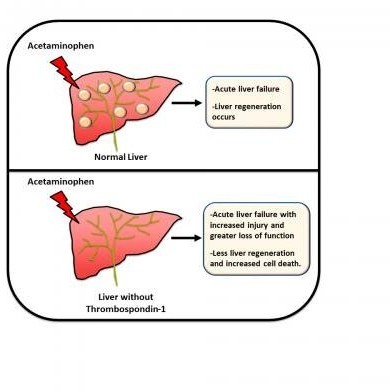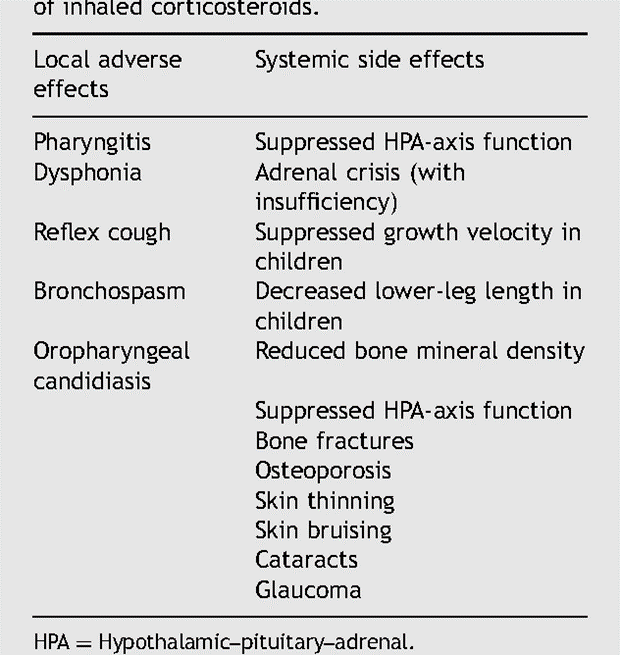A contraindication for the use of Acetaminophen (Tylenol) in a patient is:
Hypertension
Gallbladder Disease
Severe hepatic impairment
Tachyarrhythmias
The Correct Answer is C
Acetaminophen is generally considered safe and well-tolerated when used appropriately. However, it is primarily metabolized by the liver, and in cases of severe hepatic impairment or liver failure, the metabolism of acetaminophen can be significantly impaired. This can lead to the accumulation of toxic metabolites, which can cause further liver damage and potentially result in hepatotoxicity.
Hypertension, gallbladder disease, and tachyarrhythmias are not typically considered contraindications for the use of acetaminophen. However, it is important to consider any potential interactions or precautions when using acetaminophen in patients with these conditions, and consulting with a healthcare provider is recommended to ensure the safe and appropriate use of the medication.

Nursing Test Bank
Naxlex Comprehensive Predictor Exams
Related Questions
Correct Answer is B
Explanation
A. Administering the granules mixed with 20 oz of water is not necessary. Montelukast granules can be administered directly into the mouth or mixed with a small amount of soft food (e.g., applesauce) if necessary. The specific instructions for administration should be provided by the healthcare provider or included in the product labeling.
B.If you’re using it to prevent breathing problems related to exercise, take a single dose at least 2 hours before exercising. However, another dose cannot be taken within 24 hours.
C.Montelukast is a leukotriene receptor antagonist commonly used for the maintenance treatment of asthma in children and adults. The usual recommended dose is once daily in the evening, depending on the specific instructions from the healthcare provider.
D. Administering the medication at the onset of wheezing is not the recommended approach. Montelukast is a daily maintenance medication for asthma and should be taken regularly as prescribed, regardless of wheezing symptoms. It is not intended to be used for immediate relief of wheezing or acute asthma symptoms. Short-acting bronchodilators are typically used for quick relief of wheezing or acute asthma symptoms.
Correct Answer is D
Explanation
Beclomethasone is an inhaled corticosteroid commonly used for the treatment of asthma. One of the potential side effects of inhaled corticosteroids is oral candidiasis, also known as thrush. Rinsing the mouth with water after each administration helps to reduce the risk of developing thrush by removing any residual medication from the mouth and throat.

The other options listed are not specific instructions for inhaled beclomethasone:
A. Check the pulse after medication administration: While it is important to monitor vital signs, such as pulse, in certain situations, checking the pulse after inhaled beclomethasone administration is not a specific instruction for this medication.
B. Limit caffeine intake: There is no specific need to limit caffeine intake when taking inhaled beclomethasone. However, it is generally advisable to discuss dietary considerations, including caffeine, with a healthcare provider, as individual factors and medication interactions can vary.
C. Take the medication with meals: Inhaled beclomethasone is usually taken as prescribed by the healthcare provider, and the timing of administration with meals is not typically specified.
However, it is important for the client to follow the specific instructions provided by their healthcare provider regarding the timing and frequency of inhaled medication administration.
Whether you are a student looking to ace your exams or a practicing nurse seeking to enhance your expertise , our nursing education contents will empower you with the confidence and competence to make a difference in the lives of patients and become a respected leader in the healthcare field.
Visit Naxlex, invest in your future and unlock endless possibilities with our unparalleled nursing education contents today
Report Wrong Answer on the Current Question
Do you disagree with the answer? If yes, what is your expected answer? Explain.
Kindly be descriptive with the issue you are facing.
